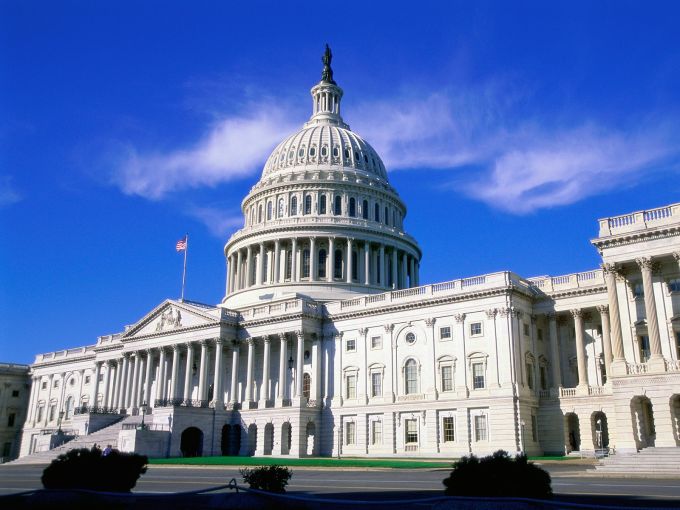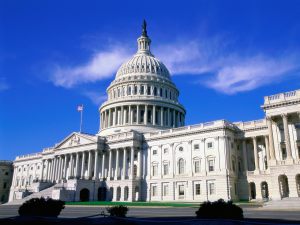Bipartisan Legislation Aims to Reform Tax Code for Foreign Property Investment
By Gus Delaporte August 1, 2013 7:30 am
reprints
U.S. Representatives Kevin Brady (R-TX) and Joseph Crowley (D-NY) have announced bipartisan legislation aimed at removing restrictions in the U.S. tax code that discourage foreign investment in commercial real estate. The legislation, if passed, will reform the Foreign Investment in Real Property Tax Act of 1980 in an attempt to increase capital flow into the U.S. market.
“Restriction on foreign investment in America’s commercial real estate is a relic of the past,” Rep. Brady said during a conference call yesterday.
 First introduced by Congress in 1980 during the American farm crisis, FIRPTA was designed to discourage overseas investment in American cropland but once enacted, imposed a 35 percent capital gains tax on international investors with interest in any form of commercial property.
First introduced by Congress in 1980 during the American farm crisis, FIRPTA was designed to discourage overseas investment in American cropland but once enacted, imposed a 35 percent capital gains tax on international investors with interest in any form of commercial property.
“Congress singles out no other industry with negative tax treatment as we do the real estate industry,” noted Rep. Crowley, adding that similar restrictions do not exist for foreigners investing in other asset classes, such as stocks.
Backing the effort is the Invest in America Coalition, an industry group with membership including the Real Estate Board of New York and Brookfield (BN), which has been established with the goal of reforming FIRPTA.
“Eliminating this provision will attract capital from people who want to invest in the United States,” said John Zuccotti, co-chairman of Brookfield Properties. “It will create a fair playing field for investment by foreigners.”
FIRPTA remains a large stumbling block when foreigners consider real estate investment opportunities in the United States, according to Jeff DeBoer, president and chief executive officer at the Real Estate Roundtable, another member of the coalition.
As reported by Bloomberg, recent foreign investment in U.S. commercial real estate might have spiked higher if not for FIRPTA, which taxes foreigners who sell real estate as the majority owner. Norges Bank’s recent joint venture with TIAA-CREF was structured with the Norwegian sovereign fund owning 49.9 percent for that reason, Bloomberg reported.
In a statement provided to The Commercial Observer, REBNY commended Congressmen Brady and Crowley for their leadership on the issue.
“Reforming this law will provide a boost in the economic recovery of our real estate and construction sectors, improve commercial real estate values, and stimulate hiring in industries connected to commercial real estate,” the statement read, in part.


